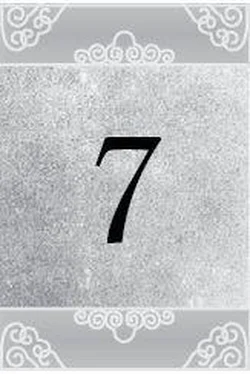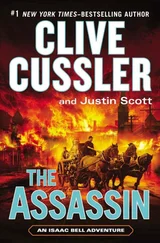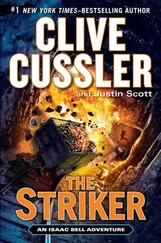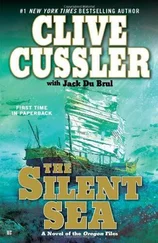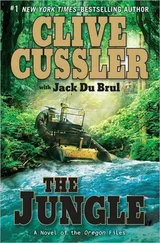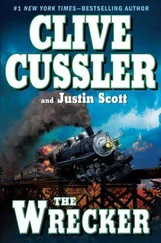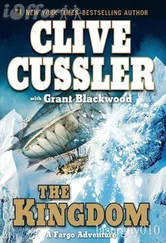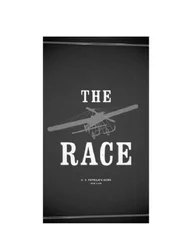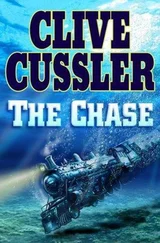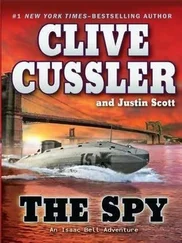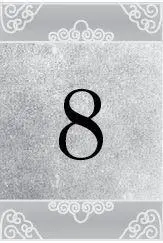
SZEGED, HUNGARY
“WE’RE DONE,” ALBRECHT SAID. “WE’VE EXCAVATED THE entire grid. The artifacts and remains have all been removed from the site, and most are properly packaged and catalogued. In a few days we’ll move them to a temporary facility in Budapest for safekeeping while the museum there prepares space for them.”
“That’s a huge accomplishment in a few weeks,” said Remi.
“We knew we didn’t have years to do it, and thanks to my Hungarian colleagues and their students we were able to bring in at least fifty trained assistants every day, and as many as a hundred some days.”
“That’s probably what did the most to keep you safe,” said Sam. “It’s hard to commit a crime in front of that many people.”
“How many warriors did you find in all?” asked Remi.
“A thousand.” Albrecht turned away and took a step or two, suddenly interested in looking closely at the skeleton on the table beside them.
“You mean you just have a rough number?” she said. “You haven’t done a final count yet?”
“Exactly one thousand.”
Sam and Remi looked at each other. “That can’t be meaningless,” said Sam.
“No,” Albrecht said almost under his breath, still staring at the skeleton. He looked up reluctantly. “In fact, before we were willing to accept that number, Imre and Enikö and I counted them again together. Our current theory is that these men were a unit of some kind. The Huns aren’t known to have divided themselves into units of a hundred and a thousand, the way the Romans did. But there’s no reason to think they never formed temporary units for particular tasks. A commander might have said, ‘I need a thousand men for this scouting party and another thousand men to carry out a raid.’”
Remi said, “I hope I’m not being presumptuous, but Sam and I have been doing a lot of reading about the Huns since you called us in. I can’t help wondering if you and the others aren’t ignoring a possible explanation just because it’s too good to hope for.”
Albrecht sighed. “We don’t want to jump at the idea you’re alluding to because of its implications. Not only would it provide encouragement for Arpad Bako, but it could set off a gold rush among the public. Think of the implications.”
“Think of the evidence,” she said. “Here are a thousand men exactly, all of them Huns who were all killed apparently on the same day, around the year 450, but not in a battle. They’re at the center of Hun power, where there were hundreds of thousands of allies but no enemies. They were killed without a fight.”
Sam said, “And they were buried with their belongings, including their weapons. They weren’t dishonored or mutilated after death. I think Remi has to be right. They were Attila’s personal bodyguards. They were sent off to bury him and his treasures in a secret place and then divert the river over the tomb so it wouldn’t be found. When they came home, they were killed to prevent them from revealing the location of the burial.”
Remi said, “They’d need at least a thousand men to divert a river. They’d have had to dig across one of the loops to make a shortcut channel.”
Sam said, “They were all heavily armed, all seasoned warriors with healed wounds. Why would they let themselves be killed without even drawing a sword unless—”
“Unless they were fanatically loyal to Attila, like personal bodyguards,” said Remi. “They would feel they were dying with their leader as they had always expected to.”
“Yes, it makes sense. Yes, it fits,” said Albrecht. “But to accept that story would be a terrible mistake. The tomb of Attila would be worth billions. The Huns were like a giant broom sweeping across Asia and Europe, from beyond the Volga to the Seine, taking everything of value with them. If we announce we’ve found the men who buried Attila, this whole region will be dug up in a year. Other artifacts of incalculable value will be destroyed, and nobody will be any closer to finding the tomb than they are now. If you accept the old stories, the job of the guards was to take the body and the treasure far from here.”
“You’re scholars,” Sam said. “I know you can’t falsify your description of the find when you publish it. And as soon as it’s published, others will immediately see what Remi and I see.”
Albrecht looked down at the floor and shook his head. “Arpad Bako thought I might be on the edge of confirming the myth of Attila’s treasure. Should I make him into a genius?”
“But it’s never been about treasure for you,” said Remi. “It’s about uncovering the past. As you already said, this doesn’t bring anybody closer to the treasure. It just confirms one part of the story—that the guards were killed.”
“I know,” Albrecht said. “I just don’t want to help the criminal who kidnapped me to end up with one of the greatest treasures in antiquity.”
“All right,” said Sam. “Now that your find has been secured, Remi and I will begin to pack up to go home. You and the others can release just the information you want to, on your own timetable. But I feel I should remind you that big secrets have a habit of finding their own way out. You and the other archaeologists aren’t the only ones who saw this. So did hundreds of students. Most of them haven’t gone far enough in their studies to interpret what they’ve seen. But in a couple of years, many of them will get curious and start doing research.”
Albrecht threw his hands up in despair. “What would you have me do?”
“What scientists and scholars always do, in the end,” said Remi. “Keep looking, and thinking, with an open mind, and reporting your best interpretation of what you see.”
“You’re right,” said Albrecht. “I know it, and I feel ashamed for being so hesitant. Please don’t leave us yet. If you could keep Bako and his men occupied for a few more days, we could get the finds to the National Archives.”
The next morning, the work at the river continued. Sam and Remi dove in the murky water while Tibor’s friends and relatives continued to level and grade a straight roadbed from the road to the river. All that day Remi and Sam scoured the riverbed for rusted objects of various sizes and shapes, lifting them onto the boat. At the end of the day, as usual, they unloaded the boat and trucked the objects to a storage building at the University of Szeged, always covered with tarps so Arpad Bako’s watchers would be curious without being able to satisfy that curiosity.
In the evening, Sam and Remi joined Albrecht and his colleagues in studying the objects found in the excavation at the field. The remains of warriors that had already been given preliminary examinations, photographed with their possessions, and catalogued were being placed in wooden boxes, to be archived at the Aquineum Museum, part of the Budapest History Museum, which was housed in the huge Károlyi Palace.
Sam and Remi wandered among the skeletons that had been laid out on tables and tarps to be studied and photographed but which had not been professionally examined since they’d been exhumed. At one point, Sam stopped for a moment. He knelt by a skeleton, craning his neck to see the face from another angle.
“What’s wrong?” said Remi.
“Have you ever tried to get people to keep a secret?”
“Sure,” she said. “That’s pretty much how girls spend sixth grade.”
“Ever succeed?”
“No. Once you tell someone that what you’re saying is a secret, that makes it valuable, a commodity to be traded. Once someone says he has a secret, it means he wants to tell. It’s an invitation to nag him until he gives it up.”
Читать дальше
